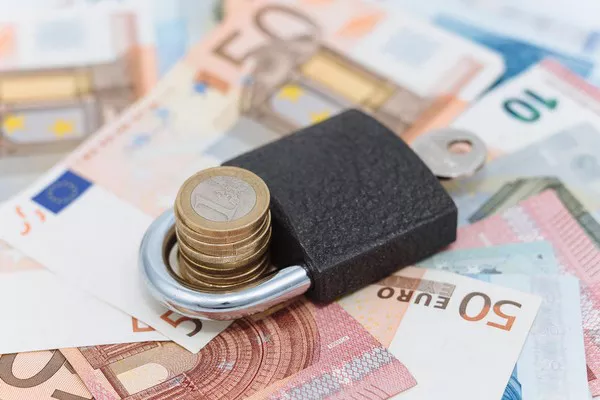Money is a universal language that transcends borders and cultures. It is the medium of exchange that enables transactions to occur between individuals, businesses, and countries. Different currencies are used around the world, each with its own unique symbols and abbreviations. One such abbreviation is CHF, which represents the Swiss franc. In this article, we will explore what CHF means in money and provide some insights into the history and usage of the Swiss franc.
What is CHF?
CHF is the ISO 4217 currency code for the Swiss franc, which is the official currency of Switzerland and Liechtenstein. The Swiss franc is one of the world’s most stable and widely accepted currencies, renowned for its stability and reliability. The currency symbol for the Swiss franc is ‘Fr.’, ‘SFr.’ or ‘CHF.’
The Swiss franc has been in use since 1850, following the creation of the Federal Constitution of Switzerland, which established the modern-day Swiss Confederation. Prior to that, Switzerland had a variety of different currencies, including regional coins and foreign currencies.
Today, the Swiss franc remains one of the world’s most stable currencies, with a high demand from investors and traders alike. Its stability is due in part to Switzerland’s political neutrality and its strong financial institutions.
History of the Swiss Franc
The history of the Swiss franc dates back centuries. In the Middle Ages, various regions within what is now Switzerland issued their own coins, and these were often used as currency throughout Europe.
In the 16th century, the Swiss began minting their own coins, with denominations ranging from small copper coins to large silver thalers. These coins were widely used throughout Europe, and the Swiss became known for their expertise in coinage.
During the 19th century, the Swiss economy experienced significant growth, and it became clear that a national currency was needed to support the country’s expanding trade and commerce. In 1850, the Swiss Federal Constitution established the modern-day Swiss Confederation and created the Swiss franc as its official currency.
Since then, the Swiss franc has become one of the world’s most stable currencies, with a reputation for reliability and security. Today, the Swiss National Bank is responsible for overseeing the country’s monetary policy and maintaining the stability of the Swiss franc.
Usage of the Swiss Franc
The Swiss franc is widely used within Switzerland and Liechtenstein, and it is also accepted as a form of payment in many other countries. The currency is particularly popular among investors and traders due to its stability and low inflation rate.
In addition to banknotes, the Swiss franc is also available in coin form, with denominations ranging from 5 centimes to 5 francs. The coins are popular among numismatists and collectors, and some rare Swiss franc coins can fetch high prices at auction.
The Swiss franc is also used as a reserve currency by many central banks around the world. This means that they hold a significant amount of Swiss francs in their foreign exchange reserves to help stabilize their own currencies and economies.
Conclusion
In summary, CHF is the ISO 4217 currency code for the Swiss franc, which is the official currency of Switzerland and Liechtenstein. The Swiss franc has a long history dating back centuries, and it has become known for its stability and reliability.
Today, the Swiss franc is widely used both within Switzerland and internationally, and it is particularly popular among investors and traders due to its stability and low inflation rate. The Swiss franc is also used as a reserve currency by many central banks around the world, making it an important part of the global financial system.
Overall, the Swiss franc is an important currency with a rich history and a bright future, and its continued use and popularity attest to its enduring value and stability.


